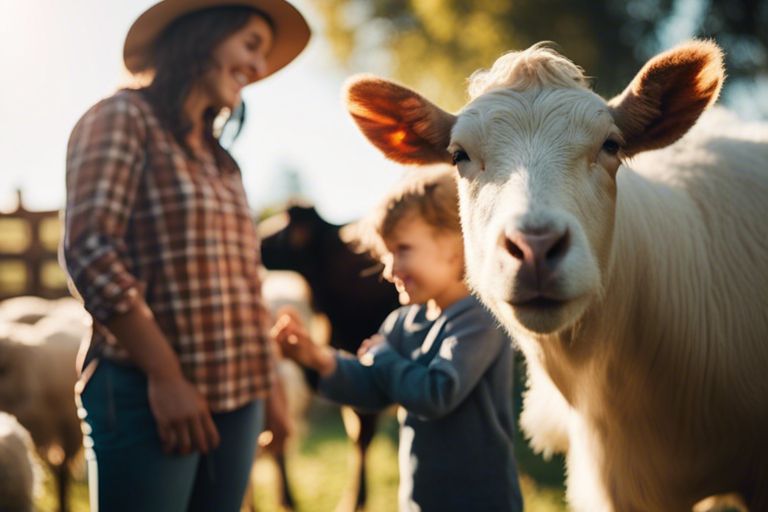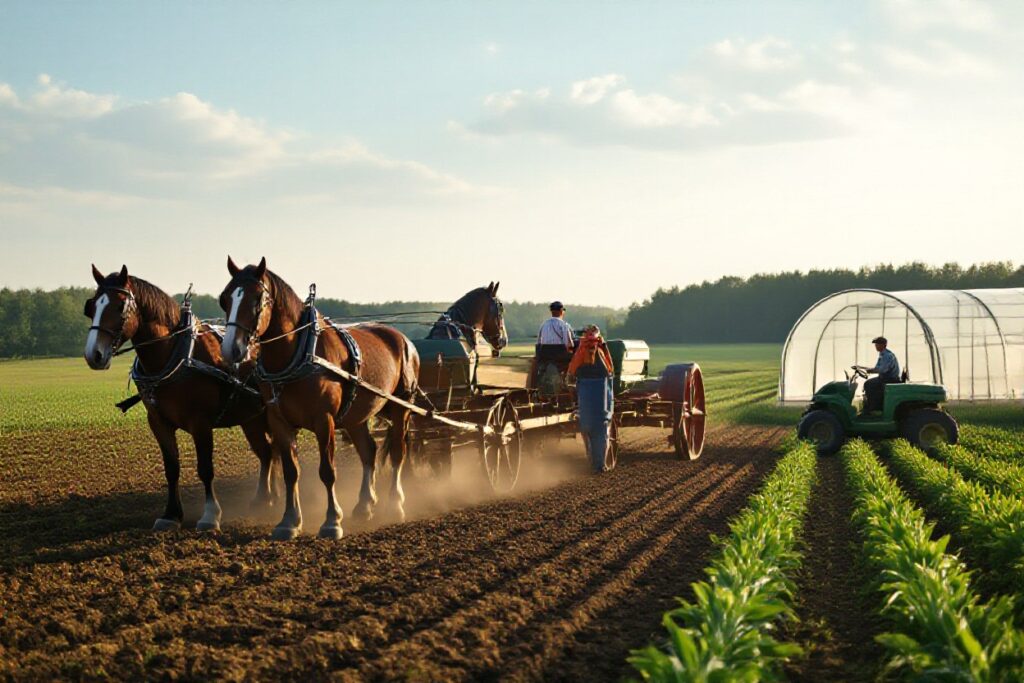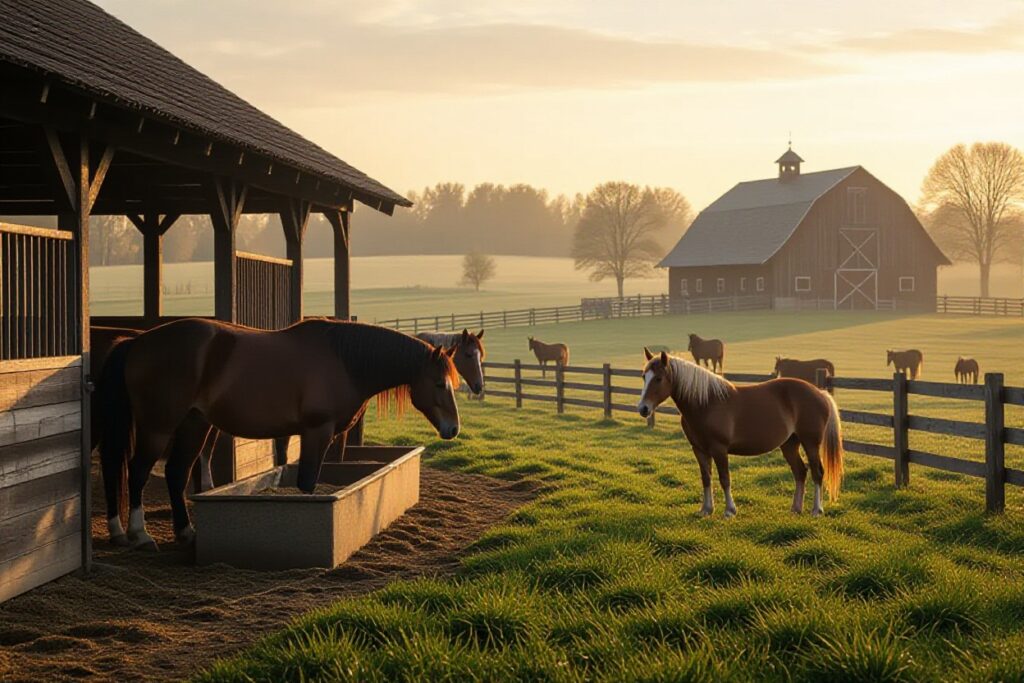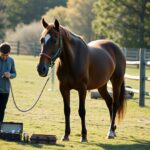Just starting out on your homesteading journey and looking to add some livestock to your farm? The key to success lies in choosing the right breeds that suit your goals, resources, and environment. In this comprehensive guide, we will walk you through the crucial factors to consider when selecting livestock breeds for your homestead. From size and temperament to climate adaptability and feed efficiency, making informed decisions about the breeds you raise will set you up for a thriving homestead with healthy and happy animals.

Assessing Your Environment
Climate and Geography Considerations
One of the first factors to consider when choosing livestock breeds for your homestead is the climate and geography of your location. Different livestock breeds are suited to different climates and terrains. For example, some breeds may be more tolerant of cold temperatures, while others may thrive in hot, humid conditions. It is important to choose breeds that are well-adapted to the specific environmental conditions of your homestead to ensure their health and well-being.
Evaluating Available Land and Resources
Available land and resources play a crucial role in determining the livestock breeds that are suitable for your homestead. Before selecting breeds, consider the size of your land, the availability of pasture and shelter, and the resources you have to dedicate to caring for your animals. Different livestock breeds have varying space and resource requirements, so it is important to assess your available land and resources before making a decision.
The layout of your land, the availability of water sources, and the quality of your pasture all influence the types of livestock breeds that will thrive on your homestead. Additionally, consider factors such as the availability of fencing and infrastructure for housing and handling animals. By evaluating these aspects of your land and resources, you can choose livestock breeds that are well-suited to your homestead and maximize the success of your farming endeavors.

Livestock Types and Characteristics
There’s a wide variety of livestock breeds suited for homesteads, each with unique characteristics to consider. When choosing the right breed for your homestead, it’s important to assess your needs and resources to ensure the best fit for your land and goals. Whether you’re looking for dairy cattle, meat goats, or heritage chickens, understanding the types and characteristics of each breed is crucial.
- Cattle: Jersey, Angus, Hereford, Holstein, and Highland
- Goats: Boer, Nubian, Alpine, LaMancha, and Nigerian Dwarf
- Sheep: Merino, Dorper, Suffolk, Romney, and Katahdin
- Pigs: Berkshire, Duroc, Hampshire, Tamworth, and Large Black
- Poultry: Rhode Island Red, Plymouth Rock, Leghorn, Wyandotte, and Orpington
After considering the livestock types and their characteristics, you can make an informed decision for your homestead.
Overview of Common Livestock Breeds
To choose the right livestock breeds for your homestead, you need to consider factors such as space, climate, and intended purpose. Different breeds have specific traits that make them suitable for various environments and purposes. By understanding the characteristics of common livestock breeds, you can select the ones that best meet your needs.
Special Needs and Considerations for Each Breed
Little is known about the specific needs and considerations for each breed, from dietary requirements to housing preferences. Some breeds may be more prone to certain health issues or require specialized care. It’s crucial to research and understand the unique needs of each breed you are considering adding to your homestead to ensure their well-being and productivity.
With proper planning and research, you can select the right livestock breeds for your homestead that align with your goals and resources. Each breed offers different benefits and challenges, so it’s crucial to assess your priorities and capabilities before making a decision.
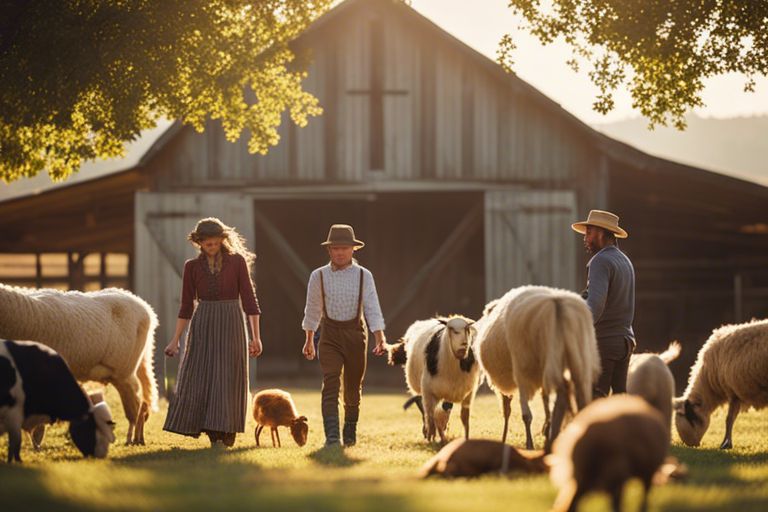
Economic and Sustainability Factors
Many factors come into play when choosing the right livestock breeds for your homestead. It is important to consider the economic and sustainability factors to ensure that you are making the best decision for your homestead in the long run.
Cost-Effectiveness and Budgeting Tips
For cost-effectiveness and budgeting tips, it is necessary to research and compare the initial cost of purchasing different livestock breeds. Consider the cost of feed, housing, and healthcare for each breed. Additionally, factor in the potential revenue you can generate from selling products such as meat, eggs, or milk.
- Set a realistic budget and stick to it to avoid overspending.
- Consider breeds that are known for their efficiency in converting feed to products.
This will help you make an informed decision that aligns with your financial goals for your homestead. The key is to find a balance between upfront costs and long-term profitability.
Long-Term Sustainability and Breed Productivity
On the other hand, long-term sustainability and breed productivity are crucial factors to consider when selecting livestock breeds. It is necessary to choose breeds that are well-suited to your climate and environment, as this will contribute to their long-term health and productivity on your homestead.
It is also important to consider the reproductive capabilities of the breeds you are interested in. Some breeds are known for their high fertility rates and fast growth, which can have a significant impact on the productivity of your homestead over time. By selecting breeds with strong genetic traits, you can ensure the sustainability and productivity of your livestock operation for years to come.
Practical Tips for Making Your Choice
For individuals who are new to homesteading or looking to expand their livestock, selecting the right breeds can be a daunting task. However, with the right guidance and information, the process can be simplified. Perceiving the unique characteristics of each breed is crucial in making an informed decision.
How to Compare and Contrast Breeds
Practical tips for comparing and contrasting livestock breeds:
| Traits to Consider | Factors to Compare |
| Size | Climate Adaptability |
| Temperament | Productivity |
Seeking Expert Advice and Additional Resources
Now, seeking expert advice and additional resources can greatly aid in your decision-making process. It is recommended to consult with local veterinarians, experienced homesteaders, and agricultural extension services for valuable insights and recommendations.
It is imperative to gather information from reputable sources such as breed associations, online forums, and agricultural publications. By tapping into the knowledge of experts and leveraging available resources, you can make a well-informed choice that aligns with your homesteading goals.
FAQ
Q: Why is it important to choose the right livestock breeds for your homestead?
A: Choosing the right livestock breeds is crucial for the success of your homestead as it can impact productivity, sustainability, and overall well-being of the animals.
Q: What factors should be considered when selecting livestock breeds for a homestead?
A: Factors such as climate suitability, space availability, intended purpose (meat, milk, eggs), and personal preferences should be taken into account when choosing livestock breeds.
Q: How can climate affect the choice of livestock breeds for a homestead?
A: Climate plays a significant role in determining the suitability of certain livestock breeds. Some breeds are more adaptable to cold weather, while others thrive in hotter climates.
Q: What are some common mistakes to avoid when choosing livestock breeds for a homestead?
A: Common mistakes include overlooking the specific needs of the livestock breeds, choosing breeds solely based on appearance, and neglecting to research the breed’s temperament and maintenance requirements.
Q: How can I determine the purpose of raising livestock on my homestead before choosing the right breeds?
A: Consider whether you are primarily raising livestock for meat, milk, eggs, or other products. This will help you narrow down the breeds that are best suited for your specific goals.
Q: Are there specific breeds that are known for being more suitable for beginners on a homestead?
A: Yes, some livestock breeds are known for their docile nature, ease of care, and adaptability, making them ideal choices for beginners on a homestead. Examples include the Nubian goat and Rhode Island Red chicken.
Q: Is it important to research local regulations and zoning laws before selecting livestock breeds for a homestead?
A: Absolutely. Before choosing livestock breeds, it is crucial to research and understand local regulations, zoning laws, and any restrictions that may impact the type and number of animals you can keep on your homestead.
